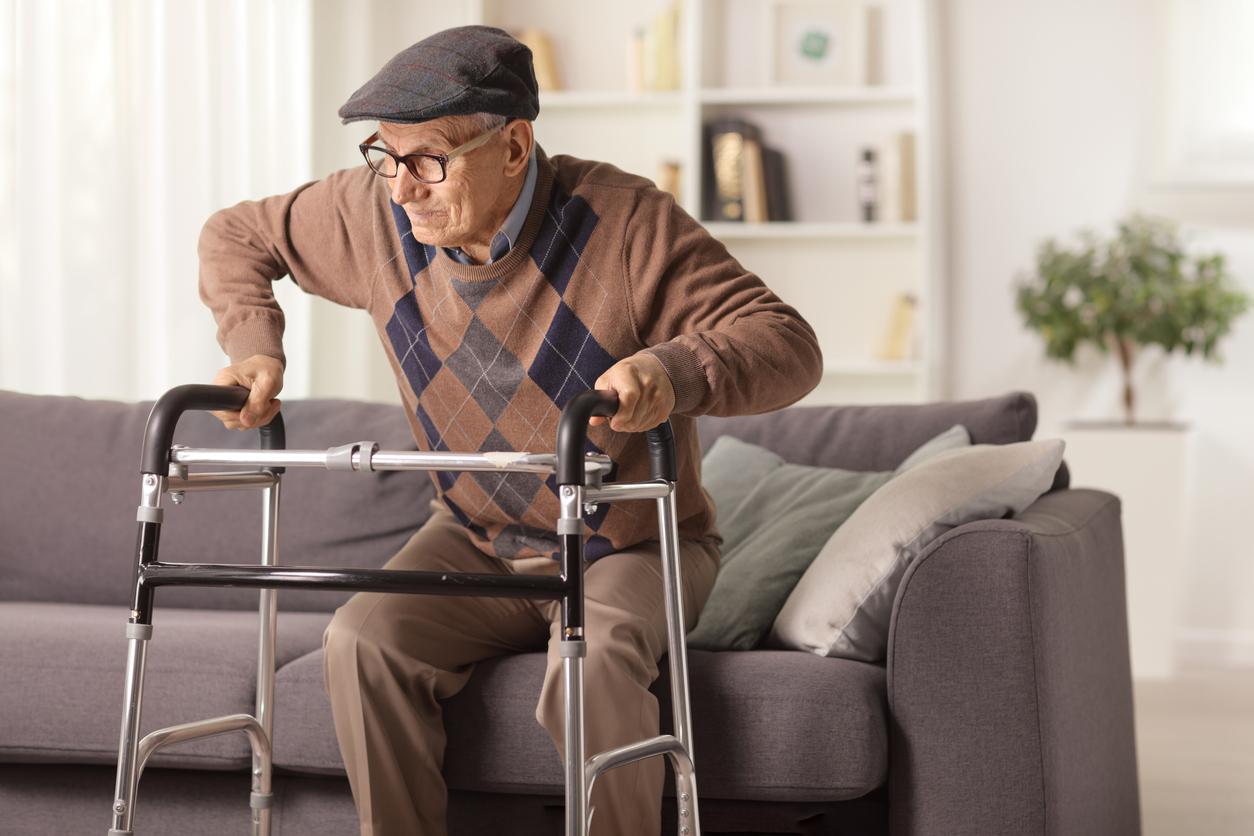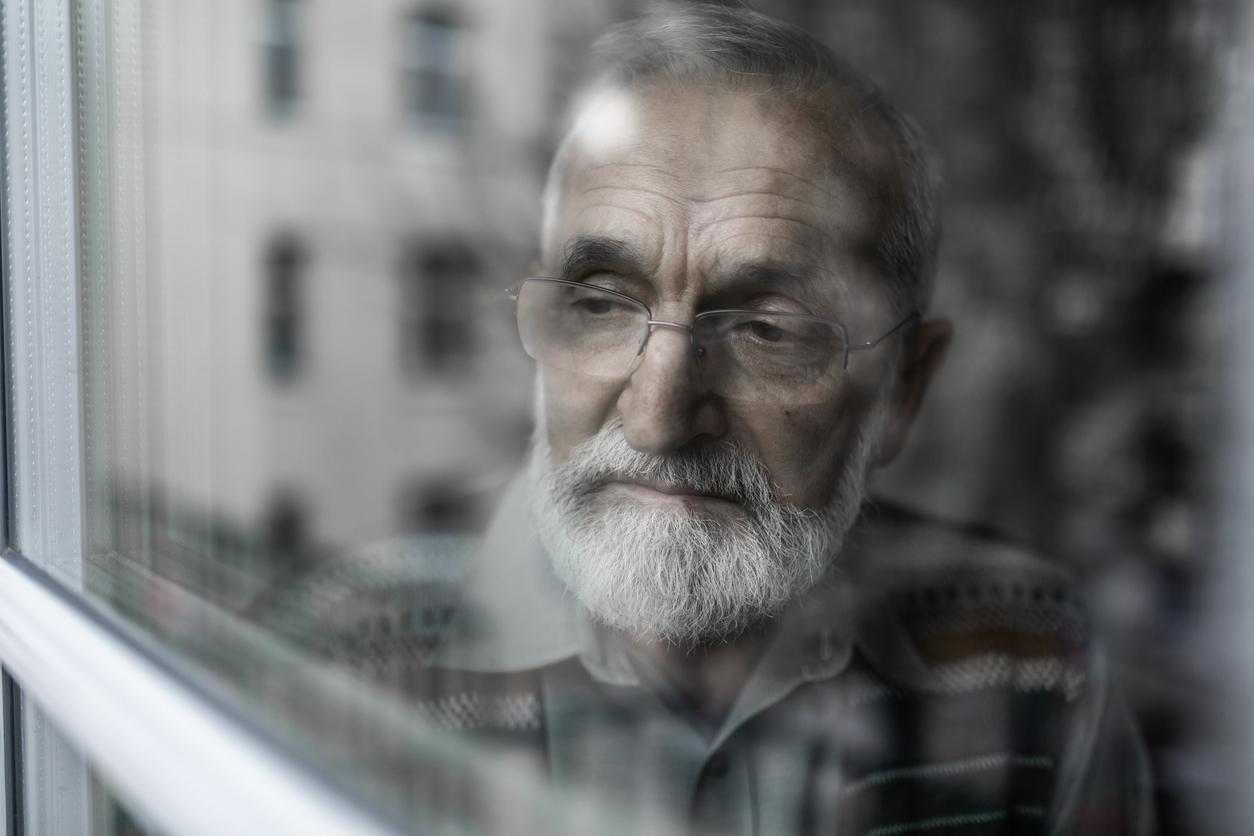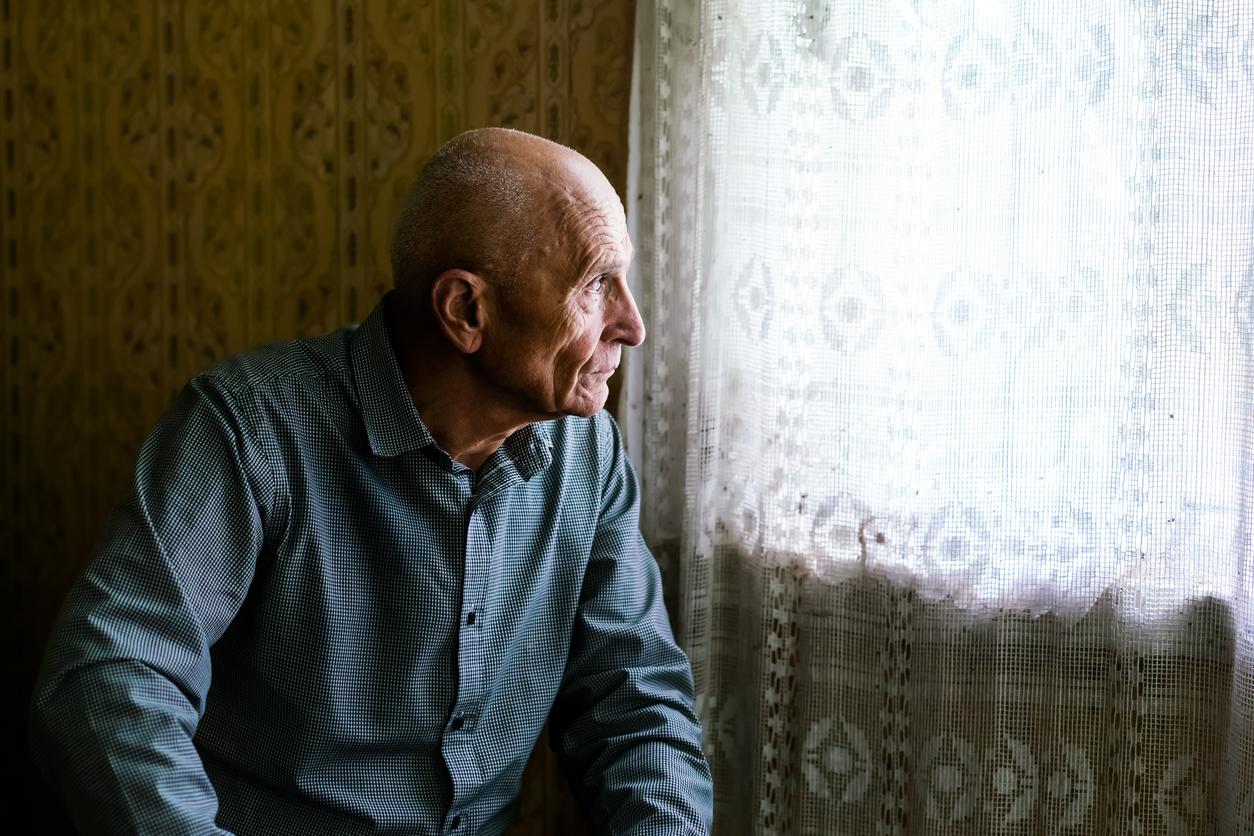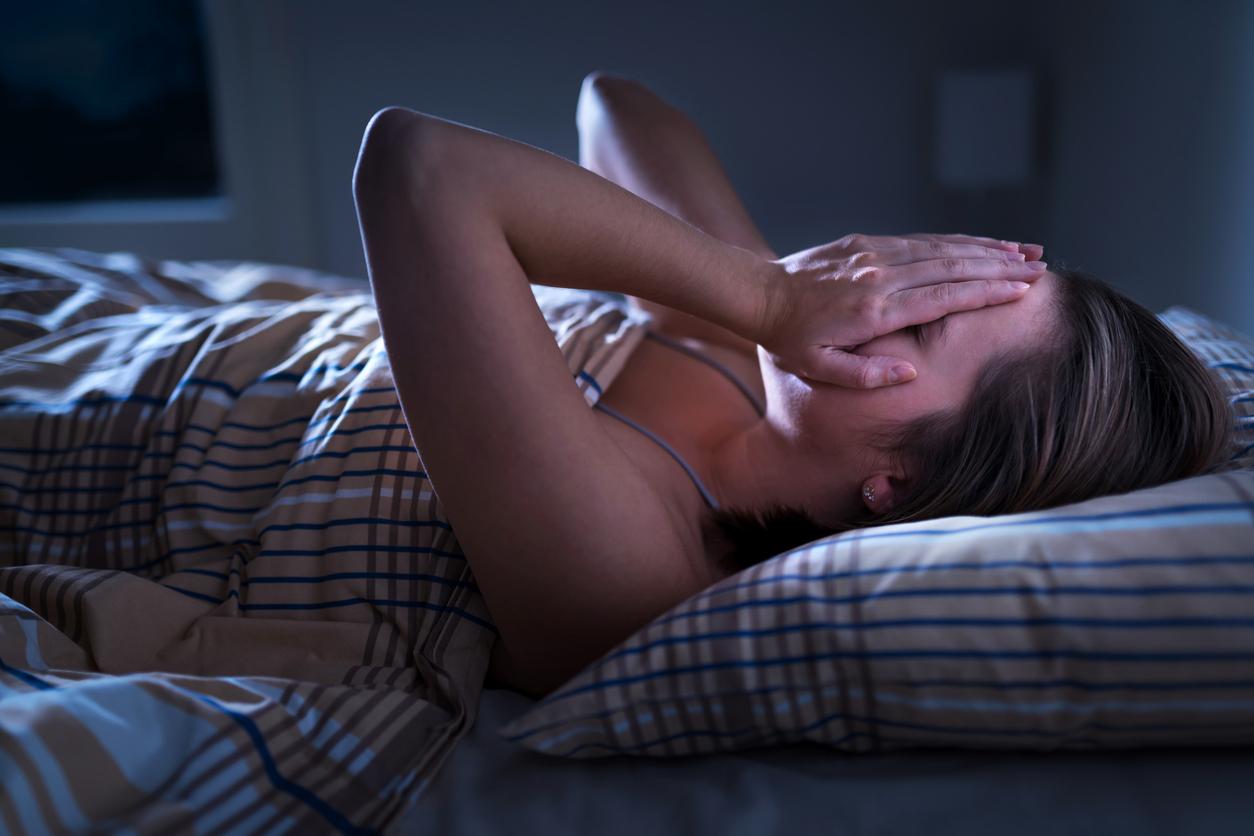“Limited therapeutic benefit”, “low actual benefit”… The High Authority for Health (HAS) screened seven sleeping pills and its opinion is final. Consequently, the reimbursement of benzodiazepines for hypnotic purposes should be reduced from 65% to 15%. La Croix returns to this HAS recommendation published in the middle of summer, in particular because last week, Inserm researchers highlighted a link between the consumption of sleeping pills for more than three months and the development of Alzheimer’s disease.
But this study is only added to the long list of those which highlight the side effects of these drugs that the French consume without moderation. Risks of decreased vigilance, behavioral problems, falls… And faced with these risks, the benefits are low, estimates the HAS. “They can certainly promote sleep but, on average, they save only one hour of sleep. A patient who sleeps five hours will sleep six hours with a drug”, explains, in the columns of the Cross, Jean-Patrick Sales, deputy director of evaluation at HAS.
That is, it is high time to comply with the recommendations and prescribe them only for short periods. However, the duration of use of benzodiazepines is on average 4 to 5 months, some even take it for six years without interruption! Prescribers, and especially general practitioners, are therefore directly singled out. But they defend themselves. “Almost every day, we see patients who can’t sleep because their life is not going well,” explains Dr. Claude Leicher, president of the MG France union. Their couple, their job, unemployment, fear of being made redundant… We do what we can, but after a while we have to give sleeping pills, sometimes repeatedly. “Angry, the latter adds:” You know, sometimes, we prescribe because we think that, otherwise, the patient will end up making a gesture of despair. And that our role is to help it so that it does not sink definitively. »
If the reduction in the reimbursement of sleeping pills is justified in view of the benefit provided by these drugs, it remains to be seen whether the application of this measure would have any effect on the abusive consumption of benzodiazepines. Perhaps at the margin, among those who cannot afford mutual insurance, and even cognitive-behavioral therapy sessions, which constitute an alternative to medication. However, these most precarious are also often those who sleep poorly because “their life is not going well”, as Dr. Claude Leicher says…















